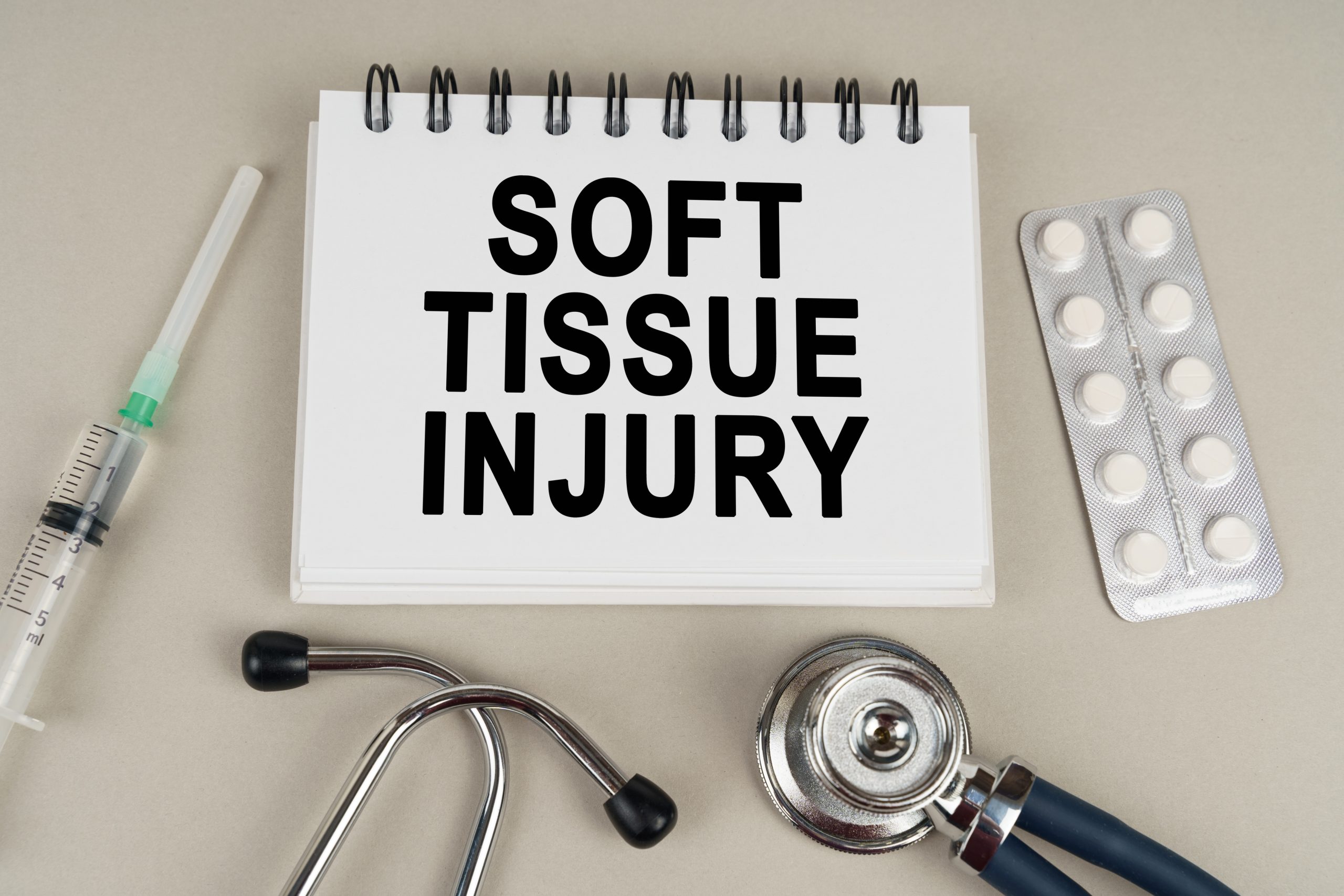The term whiplash describes an injury to the neck that occurs when the neck is bent forward and then backward, rapidly. Whiplash injuries or whiplash-associated disorders (WAD) are one of the most frequently reported injuries resulting from a car accident. They can affect different parts of the neck, including muscles, nerves, disks, and tendons. Most whiplash injuries are soft-tissue based, without damage to bones or vertebrae.
Whiplash is sometimes described as an invisible injury – meaning there is no obvious external injury, such as a broken bone, bruising, or bleeding. Even without an outward visible injury, injuries can be severe and long-lasting, or even permanently disabling. If you suffered a whiplash injury in a car accident that was not your fault, you may be entitled to financial restitution for medical care, lost earnings, and pain and suffering.
Causes of Whiplash Injuries
The primary cause of whiplash injuries is car accidents and truck accidents, specifically rear-end car accidents and truck accidents. Immediately upon being struck from behind from a vehicle, the head is hyperextended and the neck is flexed beyond normal range of motion, causing the spine to “whip” backward and then forward. Although car accidents are most common, any type of accident that involves rapid acceleration and deceleration can cause a whiplash injury, including:
- Slip and fall accidents
- Contact sport accidents
- Physical abuse, including nursing home abuse.
Individuals who have had previous whiplash injuries, existing back or neck pain, or who are older in age are at risk for a more severe outcome than those who are younger or have no prior injuries or pain.
Symptoms of Whiplash Injuries
Symptoms of whiplash may or may not appear immediately following a car crash or other accident. Some of the symptoms to keep an eye out for following an accident include:
- Blurred vision
- Dizziness
- Fatigue
- Headaches
- Limited range of motion in the neck
- Memory problems
- Muscle spasms
- Neck pain (with or without movement)
- Numbness in arm or hand
- Pain in arm or hand
- Ringing in the ears
- Shoulder pain
- Stiff neck
- Irritability
- Depression or anxiety.
Symptoms of whiplash injuries vary in severity, as well as length of time. In many cases, symptoms subside within a few weeks or months. For others, injuries may be long-lasting and it may take much longer to feel better. Some people report residual neck pain and headaches for years following an accident.
How Are Whiplash Injuries Diagnosed
Diagnosis of a whiplash injury is beyond the scope of any website and must be done by a doctor or health care provider. Along with a physical exam, the following diagnostic imaging may be prescribed:
- X-rays
- MRIs
- CT Scans
If you were involved in an accident and suspect a whiplash injury, do not delay seeking medical attention – especially if you are experiencing any neurological symptoms such as tingling, numbness, or weakness.
Treatment of Whiplash Injuries
There is no standard treatment – treatment of an injury will vary based on the severity of symptoms, as well as the individual’s age and general health. Typically, treatment of a whiplash injury will include:
- Rest
- Applying ice or heat (cold and hot therapies)
- Non rigid neck support collar to limit range of neck mobility
- Nonsteroidal anti-inflammatory drugs (NSAIDs) such as ibuprofen
- Muscle relaxers
- Physical therapy
- Pain management.
Surgery is not required in most cases. However, if you suffered a ruptured disc, herniated disc, or spinal stenosis, you may need surgery.
Understanding Damages: How Much is a Whiplash Injury Worth?
If you have suffered a whiplash injury in a car accident that was not your fault, you may be entitled to financial restitution for your harms and losses. Recoverable damages are available for medical care and treatment, lost earnings, and pain and suffering.
The amount of damage you may be entitled to recover for a whiplash injury will depend on the severity of the injury, and how much it impacts your life. Although it is possible the insurance company will offer you a settlement without an attorney, you will likely be able to recover far more compensation if you have a lawyer advocating for you.
Why It’s Important to Seek Medical Treatment Right Away
Because whiplash is a soft-tissue injury, it is important that car accident victims seek medical treatment promptly. If you feel any soreness, stiffness, or pain, you should never “wait and see” if you feel better. You want to see a doctor as soon as possible.
Tell your doctor every symptom you are experiencing, so that they can document it. If they recommend a follow-up visit with a specialist, or physical through, follow-through on your doctor’s recommended treatment.
If you wait days or weeks to report your injury, or fail to complete the recommended treatment or follow-up care, the insurance company may dispute your claim, and may suggest your injuries are not as severe as you claim. Your medical evaluation is both necessary for your well-being, and documenting your injuries for your personal injury claim.
Understanding Your Rights After a Soft-Tissue Injury
After any car accident resulting in injury, accident victims are well-advised to speak with a personal injury lawyer as soon as possible. Do not provide a statement to the insurance company without speaking with an attorney first. Because it is very common for people to feel worse before they feel better, you do not want to tell your insurance adjuster you are feeling better or that you are feeling “fine,” as this can be taken out of context and used against you. Once you hire a lawyer, they can speak for you and advocate for the best outcome for your case.
How Much Does a Personal Injury Lawyer Cost?
Car accident victims can hire a qualified and experienced attorney with no out of pocket payment. Personal injury lawyers represent clients on a “contingency fee basis,” which means they are paid a percentage of the recovery (settlement or verdict), with no up-front costs or fees. If you are ready to take the first step, arrange a free, no obligation, confidential consultation with a personal injury lawyer today.



